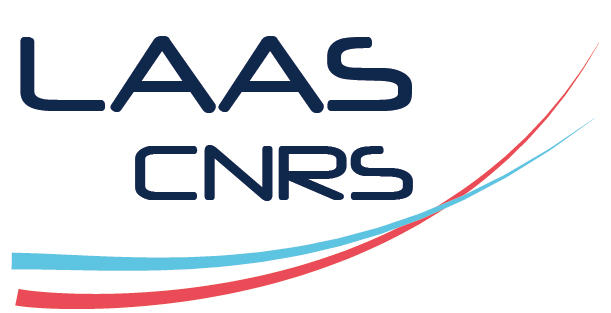Power Sharing in an Islanded Single-Phase Microgrid: Performance Analysis of Droop Control Strategies
Résumé
For the smooth operation of microgrids (MGs), an efficient power sharing strategy is crucial to maintain the frequency and voltage regulation of distributed generators (DGs) within specified deviation limits. The droop control strategy is widely adopted to share power in microgrid applications. This paper presents a comparative study between conventional droop control (CDC) and universal droop control (UDC). The main objective of this study is to evaluate the performance of these droop control methods in scenarios involving DGs Plug & Play and load variations. Issues of frequency and voltage deviations are explored to ensure compliance with international microgrid standards. Simulations were conducted using a virtual Hardware-in-the-Loop (VHIL) on Typhoon HIL. An islanded single-phase microgrid integrating renewable energy through four distributed generators was used. The results demonstrate that both controllers are suitable candidates for effectively allocating real and reactive powers with varying levels of accuracy.
Domaines
Sciences de l'ingénieur [physics]| Origine | Fichiers produits par l'(les) auteur(s) |
|---|

